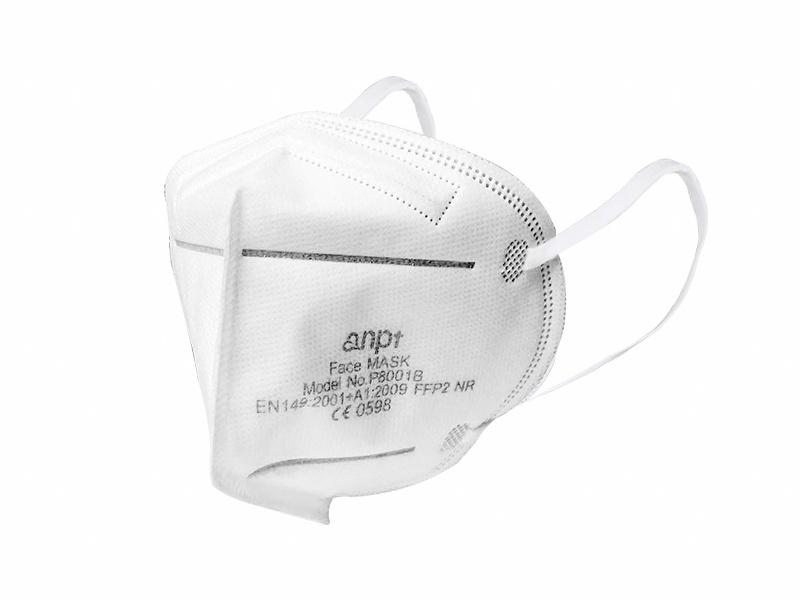News
Understand the latest news
The widespread adoption of FFP2 masks across industries and healthcare sectors carries profound economic implications, intricately intertwined with both immediate expenditures and long-term benefits. These masks, known for their high filtration efficiency and robust protection against airborne particles, are essential tools in safeguarding workers and healthcare professionals alike from respiratory hazards and infectious diseases.
From a procurement perspective, industries reliant on FFP2 masks face significant financial commitments. The cost of acquiring large volumes of these masks, especially during periods of heightened demand such as pandemics or industrial safety upgrades, can strain operational budgets. This expenditure is justified by the masks' ability to mitigate occupational health risks, ensuring worker safety in environments exposed to dust, smoke, and other airborne contaminants. Industries ranging from construction and mining to pharmaceutical manufacturing invest in FFP2 masks not only to comply with regulatory standards but also to uphold workforce health, thereby potentially reducing long-term healthcare costs associated with respiratory illnesses.
In the healthcare sector, where FFP2 masks are crucial in preventing the spread of infectious diseases among medical staff and patients, economic considerations are equally pivotal. Healthcare facilities must consistently procure high-quality masks to maintain a safe environment, safeguarding against outbreaks within hospitals and clinics. While the immediate cost implications are evident, the long-term benefits include reduced absenteeism among healthcare workers due to fewer instances of respiratory infections. This, in turn, contributes to sustained productivity and operational continuity within healthcare settings.

Beyond direct costs, the widespread use of FFP2 masks impacts supply chain dynamics on a global scale. Manufacturers and distributors face challenges in meeting fluctuating demands, which can lead to supply shortages or price volatility. Such disruptions necessitate strategic supply chain management to ensure uninterrupted access to FFP2 masks, thereby stabilizing costs and maintaining operational resilience.
Moreover, the economic impact extends to regulatory compliance and liability management. Industries and healthcare providers must adhere to stringent safety standards mandating the use of FFP2 masks in specific contexts. Compliance involves ongoing investments in training, monitoring, and ensuring proper usage among workers, adding operational overheads but mitigating risks associated with occupational health and safety.
Despite these economic challenges, the advantages of FFP2 masks cannot be overstated. Their superior filtration efficiency, typically exceeding 94%, ensures effective protection against airborne particles larger than 0.5 microns, including dust, smoke, and microorganisms. This capability not only enhances workplace safety but also supports public health initiatives by reducing the transmission of respiratory infections in both occupational and community settings.
While the economic implications of widespread FFP2 mask usage present immediate financial burdens, the long-term benefits are profound. Investments in these masks contribute to improved health outcomes, reduced healthcare expenditures, and enhanced productivity across industries and healthcare sectors. Effective management of procurement strategies, supply chain resilience, and regulatory compliance is crucial in navigating the economic landscape shaped by the imperative need for respiratory protection in modern workplaces and healthcare environments.